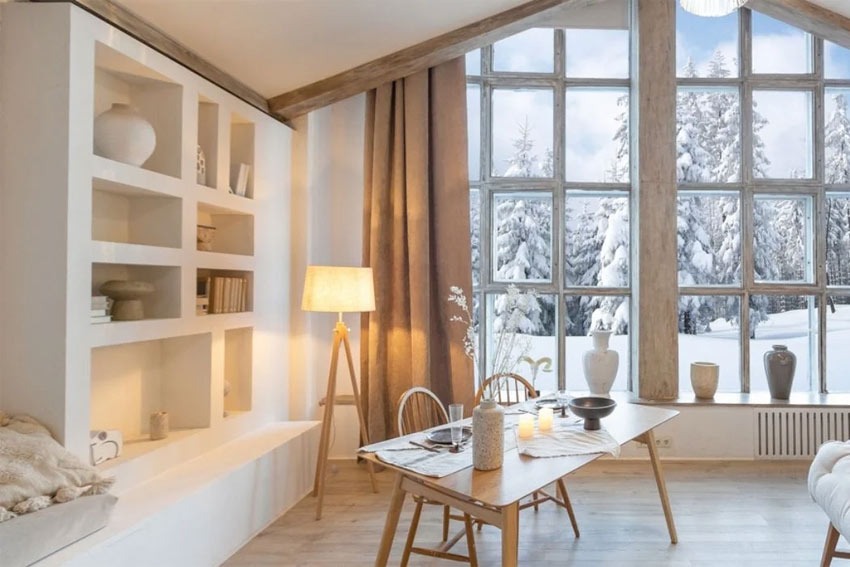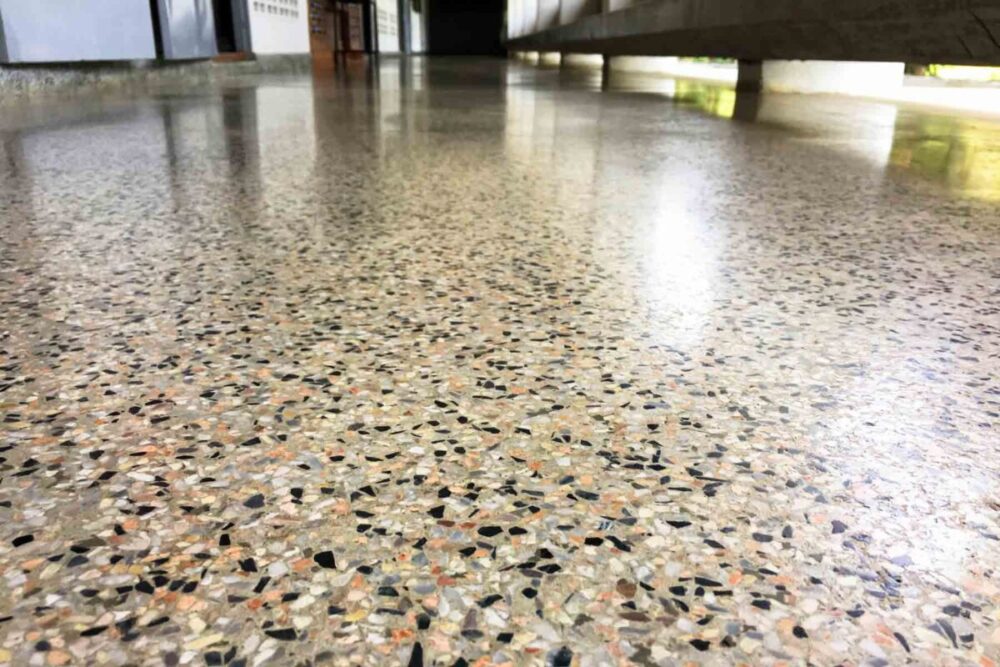When considering homeownership, many people look to modular homes as a cost-effective and efficient alternative to traditional site-built homes.
However, understanding the true cost of buying a modular home involves more than just the sticker price.
Various factors contribute to the overall expense, including land acquisition, site preparation, utility connections, and customization options. For example, allot depends on the modular home builder you hire.
Evaluating these elements can help prospective buyers determine if their wallet is ready for this investment.
Initial Purchase Price
The base price of a modular home is one of its most attractive features. Typically, modular homes cost between $50 to $100 per square foot, significantly lower than the $100 to $200 per square foot for traditional homes.
This affordability stems from the controlled factory environment where modular homes are built, reducing labor costs and minimizing material waste. However, it’s essential to remember that this base price usually covers the home’s basic structure and standard finishes, not the complete cost of ownership.
Land Acquisition
Before setting up a modular home, you must purchase a suitable piece of land. The cost of land varies widely depending on location, size, and accessibility. In rural areas, land might be relatively inexpensive, while urban or suburban plots can be significantly more costly.
Additionally, the land must be zoned appropriately for residential use, and any necessary permits must be obtained, which can add to the overall expense.

Site Preparation
Preparing the site for a modular home involves several steps that can contribute to the overall cost. Site preparation includes clearing the land, grading, and laying a foundation. Foundations for modular homes can range from a simple concrete slab to a full basement, with costs varying accordingly.
On average, site preparation can cost between $10,000 and $50,000, depending on the complexity of the work required and the type of foundation chosen.
Utility Connections
Connecting the home to essential utilities such as water, sewer, electricity, and gas is another critical cost to consider. The price of utility hookups can vary based on the proximity of existing infrastructure and the complexity of the installation.
In some cases, extending utility lines to a remote location can be quite expensive. Prospective buyers should budget between $5,000 and $30,000 for utility connections, depending on the specific circumstances.
Customization and Upgrades
One of the benefits of modular homes is the ability to customize the design and finishes to suit personal preferences. However, these customizations can significantly impact the total cost. Upgrades such as high-end kitchen appliances, premium flooring, custom cabinetry, and energy-efficient windows add to the base price.
While customization allows for a personalized living space, buyers should carefully consider their budget and prioritize upgrades to manage costs effectively.

Transportation and Assembly
Transporting the modular home sections from the factory to the site and assembling them is another expense to factor in. Transportation costs depend on the distance from the factory to the site and the size of the modules.
Assembly involves setting the modules on the foundation, sealing joints, and completing any on-site construction tasks. On average, transportation and assembly can add $5,000 to $15,000 to the total cost.
Ongoing Costs
Beyond the initial investment, owning a modular home involves ongoing costs similar to those of traditional homes. These include property taxes, homeowners insurance, maintenance, and utilities.
Modular homes, built to high standards, often require less maintenance and are more energy-efficient, which can result in lower long-term costs.

Conclusion
While the initial purchase price of a modular home is appealing, prospective buyers must consider the full range of expenses involved in the process. Land acquisition, site preparation, utility connections, customization, transportation, and assembly all contribute to the total cost of ownership.
By understanding these factors and budgeting accordingly, buyers can determine if their wallet is ready for the investment in a modular home. With careful planning, modular homes can provide an affordable, efficient, and high-quality housing solution.





